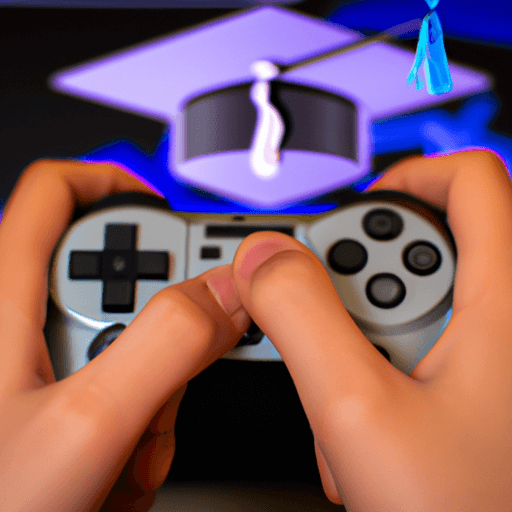The Impact of Video Games on Cognitive Learning
Video games have been in the limelight for the tremendous potential they hold in terms of cognitive learning capabilities. These highly interactive mediums can shape our thought process and play a pivotal role in enhancing hand-eye coordination, problem-solving skills, and memory retention.
Positive Impacts of Video Games on Cognitive Learning
Research has shown that certain genres of video games can positively affect cognitive learning. Strategy games, for instance, require significant cognitive processes such as planning, resource allocation, and decision-making. These processes often help to develop and enhance problem-solving skills along with strategic thinking.
Similarly, action-based video games have been found to improve visual attention and hand-eye coordination. According to a study conducted by the University of Toronto, gamers who play action-based games tend to be more accurate in their task completion due to greater hand-eye coordination.
Negative Impacts of Video Games on Cognitive Learning
Despite these potential learning benefits, it's important to understand the potential downsides. Some research suggests that excessive gaming could impact school performance negatively and promote sedentary behavior, leading to adverse health effects. Furthermore, violent video games might bring about aggressive behavior and thoughts.
Different Genres, Different Impacts
Just as different genres of books influence different emotional and cognitive reactions, different genres of games also yield different impacts on cognitive abilities. For example, puzzle games can enhance spatial reasoning, logic, and problem-solving skills while action games could improve reaction time, hand-eye coordination, and decision making.
Relevant Research and Expert Opinions
According to a study published in the American Journal of Play, cognitive learning substantially improved in players engaged in plethora genres of video games. Dr. Daphne Bavelier, a renowned researcher in the field suggests, Action game players make more correct decisions per unit time. If you are a surgeon or you are in the middle of a battlefield, that can make all the difference.
Concluding Thoughts
While video games can offer substantial benefits in cognitive learning, it is important to maintain a balanced approach. Moderation, as is the case with most activities, is the key. The potential of video games in learning processes is vast, but it's also crucial to be aware of their potential drawbacks - like any tool, it is how we use them that ultimately determines their value.

















Comments
Leave a Comment